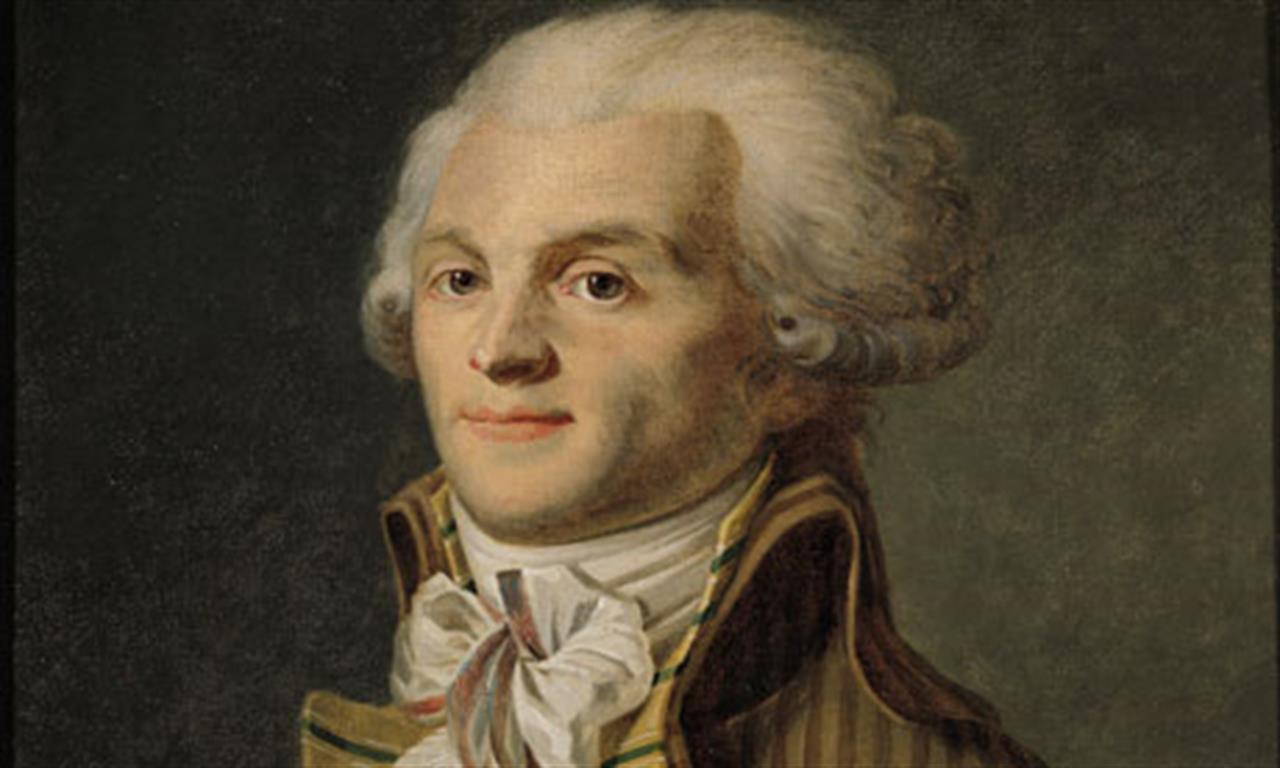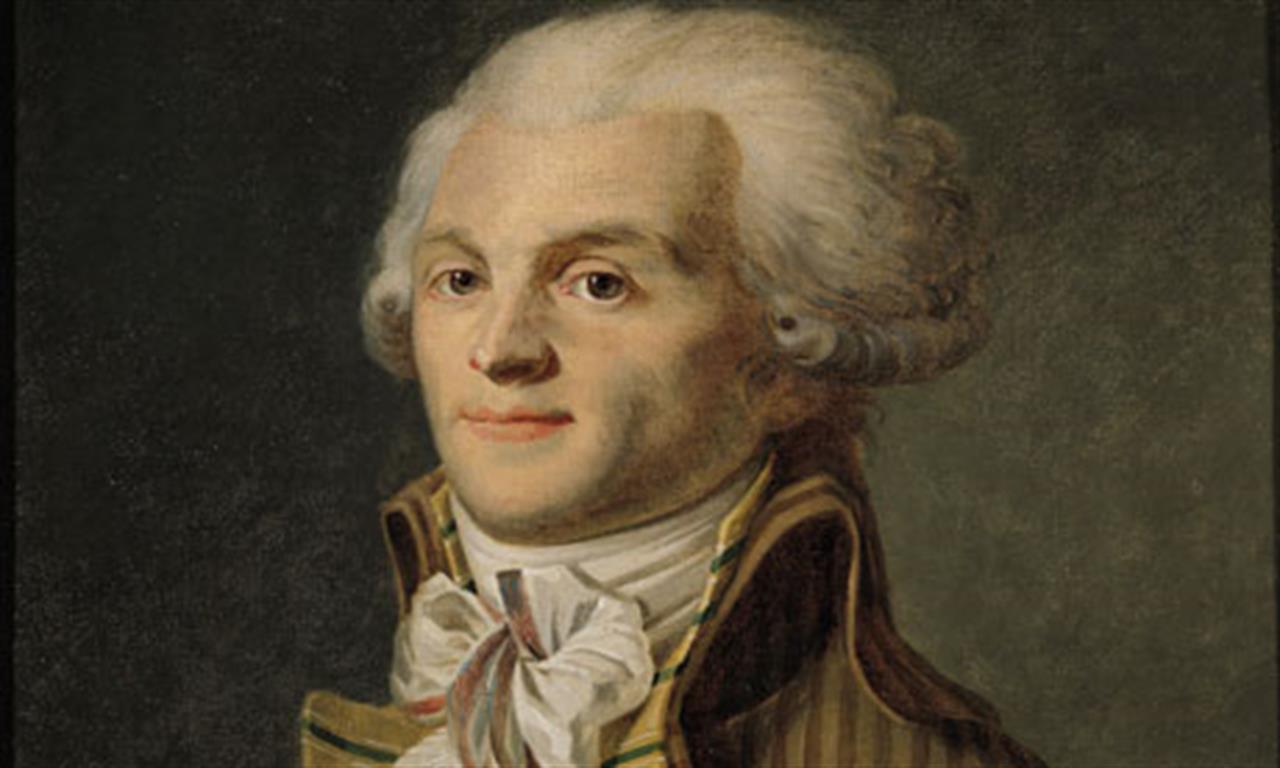
Travelling across France and Italy reveals something reminiscent of the nature of the cancer: Europe is afraid of a globalising world that neither dominates nor understands anymore, and seeks refuge in a comfortable past. Everything is OK if we shut down from the rest of the world.
What does this have to do with Roberspierre? Maximilien de Robespierre is the symbol of modern revolutions and the end of the status quo at any cost. He did not refrain from sending a hundred thousand people to the guillotine to build a new country. He’s a founding father of modern State and ultimately Europe (although the most sensitive readers would not admit).
However, Robespierre has turned into the champion of the Ancien Regime today protecting the status quo and its beneficiaries ie the sacred cows, at the expenses of innovators ie the black swan.
What shall we do to save Europe and give a future to Europeans? We need to make a U-turn: slaughter the sacred cows, not the black swan.
For the last 2 weeks, I’ve been on the road. I started with Paris to attend Impact2 and reconnect with French partners. I then travelled to Marseille to attend the Anna Lindt Foundation’s Forum on civil society in the Mediterranean. From Marseille I flow to Rome for the first meeting of the Italian members of Commissioner Barnier’s expert group on social entrepreneurship, convened by an unusually enterprising director of the Italian Ministry of Labour, Danilo Giovanni Festa. I also took the opportunity to refresh my contacts in the Vatican where a wind of change has followed the election of the new Pope Francis 1. I ended my expedition in Southern Europe toVenice, where I attended a workshop of Emergence by Design, a European project piloting a new method to measure social impact. It’s based on mapping relationships generated by projects not economic outputs.
I can’t go into details for every step or you will fall asleep. But it’s worthwhile to pinpoint some facts.
I got the first hint in Paris as the French Minister for social economy – Benoît Hamon – clashed with the expectations of 800 delegates at Impact 2. While the Minister was busy attacking this and that as a sort of neo-Bolshevik, the participants wanted to understand whether there are real opportunities for a cohesive and inclusive growth and job in the impact economy.
Why wasn’t the Minister able to support his voters in finding their ways? The organisers did better offering champagne to everybody: whoever does good deserves first class treatment.
In Marseille my views about EU demise were confirmed: over 1300 delegates from across the Mediterranean gathered without a sense of purpose. A gigantic waste of time and money – everybody was paid to attend including myself. The whole organisation was more than old-fashion and dated. It was stupid: endless uncoordinated speeches but no overall goals, no Arabic translation, no facilitation… and a president who was an advisor of a former tyrant and now has been recycled as champion of democracy and human rights. Is this a return on investment?
Rome struck me for the contrast between the Vatican and the rest of the country. The election of the new Pope brought a sense of hope and renewal even in one of the most ancient institutions in the world. I would compare this election to that of Obama, as symbols of a new emerging world. On the other hand, Italy is stuck in its past and not able to emerge despite the goodwill and efforts of individuals like Danilo and may others inside and outside the institutions. What’s wrong with democracy today if this is the culprit?
In Venice, I found another group of people working to develop adequate tools to respond to the challenge of the 21st century. Their work is even visionary but the public institutions don’t understand the added value. When I proposed this pilot for the subgroup on social impact assessment of the European Commission it was refused. Instead, pretty mainstream stuff was selected.
What’s my conclusion? Roberpierre, change course or you will lose your head again. We will cut it!
Vuoi accedere all'archivio di VITA?
Con un abbonamento annuale potrai sfogliare più di 50 numeri del nostro magazine, da gennaio 2020 ad oggi: ogni numero una storia sempre attuale. Oltre a tutti i contenuti extra come le newsletter tematiche, i podcast, le infografiche e gli approfondimenti.

